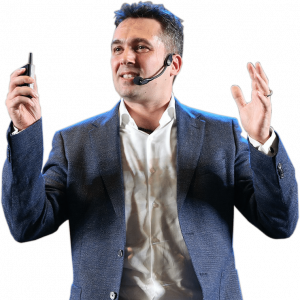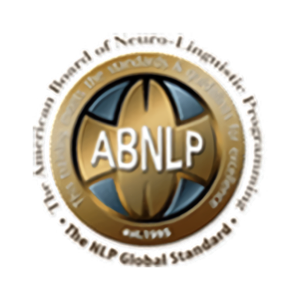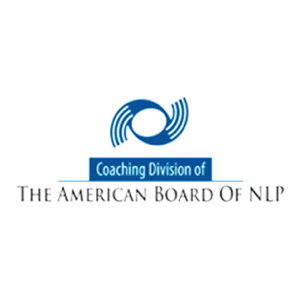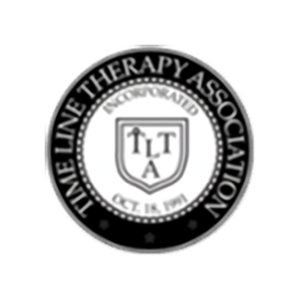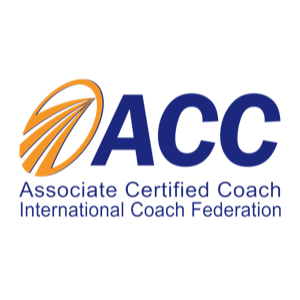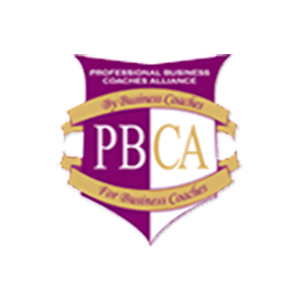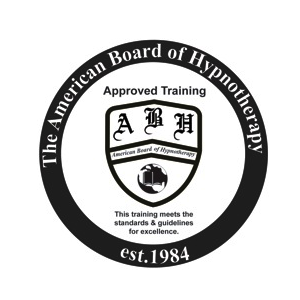One of the many reasons why NLP took off in the 1970s was that its strategies could be used to address a variety of issues. From managing phobias to developing better relationships, NLP teachings can be applied to real-life scenarios for desired results in personal and professional life. Read on to find out how you can use NLP techniques to achieve excellence in different aspects of your life.
What is Neuro-Linguistic Programming?
Before learning how to apply NLP tools and techniques in the real world, let’s first understand what NLP is and how it works.
Neuro-Linguistic Programming is a psychotherapy and personal development approach that studies how individuals perceive the world based on their behavior, patterns, and thoughts. This knowledge is then used to change sabotaging behaviors by modeling successful individuals to kick bad habits and gain desired outcomes in personal and professional aspects of life.
NLP aims to learn about an individual brain “map” to understand where destructive behavioral patterns stem from and how to “reprogram” yourself to emulate success.
What Fields Can NLP Be Used In?
Imagine you could understand the intricacies of your brain and then change the patterns that result in unfavorable outcomes; that is exactly what NLP is all about. With NLP, you learn the language of your brain and are provided with tools to change what’s needed to gain success, which is why it can be applied in numerous fields.
Coaching
NLP is an excellent skill to add to a coaching repertoire. NLP allows coaches to help their clients better by enabling them to understand them consciously and subconsciously.
Coaches use NLP techniques to understand how their clients perceive the world, what behaviors hold them back, and their goals in life. With invaluable information, coaches can use NLP techniques like modeling, imagery, and incantation to instill self-belief and break damaging patterns in their clients.
Moreover, for any coaching session to be successful, you need excellent communication skills and build rapport with your clients, both of which you can learn through NLP.
The NLP Master Trainer course is curated especially by combining techniques with NLP strategies to kickstart your coaching journey.
Consulting
NLP techniques help you understand how your brain processes information, allowing you to look past the “whys” and work on the “hows” in any situation. This helps you figure out how your perception of the world came to be and what you can do to change the habits that hinder success. And you can do that for other people, too, during consultations.
Once you use NLP to excel personally, you can use what you have learned to bring a more meaningful change to clients’ life when consulting in your area of expertise. In addition, NLP strategies work wonderfully for a consultant, regardless of the field, since you can pick on social, verbal, and non-verbal cues to find out how to help your client.
Therapy
Another primary application of NLP is in the field of therapy. This approach can be used to treat psychotherapeutic problems like anxiety and depression and help in dealing with trauma. It can also prove helpful in managing more complex issues like addictions and dissociation.
NLP-practicing therapists use proven techniques to build rapport with their clients to understand the cause of their problems. Once they have enough information, they use their client’s referential bias to provide solutions to inculcate positive behavior into their daily lives. NLP’s strategy of gaining trust through mirroring is another excellent tool to put the clients at ease.
Professional Speaking
NLP techniques like modeling, anchoring, and incantations allow you to be your most confident self, which is reflected in your communication and presentation skills.
To be a proficient professional speaker, you need to be confident, understand your audience, gauge your relationship with your client base, and create an immediate impact. NLP teachings help you achieve all this and more, as you know, self-sabotaging behaviors.
Even if you encounter a situation where you are nervous, you can use tactics like imagery training to help you overcome obstacles that you previously found impossible to face. Moreover, the ability to read social and non-verbal cues allows you to steer the direction of the speech to make the most powerful impression.
Leadership Training
NLP tools and techniques are an asset to leadership training. This approach teaches you to be a good leader who can inspire and motivate others by building rapport and mimicking the behavior of successful individuals.
Leadership training needs to emphasize how you can be more decisive, build a trustworthy relationship with your subordinates, and set the direction for the organization to achieve its targets. All of this is possible with NLP techniques that teach you to respect other people’s worldviews, present the best way to get your message across, and set an example for your employees to follow.
Examples of Neuro-Linguistic Programming In Real Life
Neuro-Linguistic Programming is primarily a way to understand yourself and how you behave in a certain way so you can make positive changes to attain your goals. However, its broad nature allows it to be used in various settings, be it personal or professional.
Neuro-Linguistic Programming at The Office
As a leader or an employee, NLP sets you up for success at the office. Various NLP strategies allow you to be more confident and improve interpersonal and communication skills. For example, if you have struggled to present during meetings, you can use anchoring to think of a time when you felt the most confident and associate it with an action, like the squeeze of your palm. Therefore, whenever you need a boost of confidence, you can squeeze your palm to get to an enhanced state.
You can also use the mirroring technique during negotiation and sales to put the other person at ease and build trust.
Neuro-Linguistic Programming In Dating
Dating can be scary, but with NLP tools, you can suppress approach anxiety and get an instant boost of confidence. Moreover, you can be more empathetic and cultivate long-term relationships as NLP teaches you various perceptual positions. You learn to be more respectful towards how other people perceive the world and use their referential bias to establish better communication.
Furthermore, you can use techniques like modeling and mirroring to build trust early on in the meeting. For example, repeating the hand movements and postures as your date will subconsciously help them open up as they see their reflection in you.
Neuro-Linguistic Programming In The Classroom
NLP techniques allow teachers to understand what their students want and how to motivate them. In addition, the ability to decipher verbal and non-verbal cues from students, especially if they cannot express themselves, allows for the development of better teaching strategies.
Even without formal NLP training, teachers use NLP strategies like presupposition and perceptual positioning in class. For example, if a student refuses to finish a task on time, you can allow doing one job before the other. This helps with concentration even though the “choice” does not mean they won’t finish both tasks.
Moreover, putting yourself in your students’ shoes or solving conflict within the classroom by changing perception is an excellent exercise in management.
Neuro-Linguistic Programming In Therapy
NLP in therapy helps clients understand how their experiences cultivate their behaviors and what they can do to change them. It is essentially used by therapists, using various NLP techniques to “reprogram” the brain to manage mental challenges like PTSD and anxiety.
NLP techniques allow you to build a trusting relationship with your client so they can open up in front of you. Moreover, you can study their non-verbal cues to gauge whether your approach is working. Finally, NLP allows you to see the world through your client’s perception to suggest the best short or long-term solutions to help cope with various mental disorders.
Neuro-Linguistic Programming In Self Improvement
NLP is an excellent tool for self-improvement. First, you learn the mind language through NLP and realize patterns that limit your growth. Then, you can empower yourself by adapting habits from successful individuals in approaching life and suppressing negative thoughts. NLP has worked wonders for personal development, from great communication skills to better relationships to gaining more confidence.
Many times people do not realize how they are in their way of success; by recognizing and changing these behaviors, you improve yourself and, ultimately, your connection with others.
Final Thoughts On Real Life Examples Of Neuro-Linguistic Programming
Neuro-Linguistic Programming has been a successful approach to personal and professional development for decades, majorly because of its versatile application in real-life scenarios. Since NLP is essentially understanding and reprogramming your brain for desired outcomes, you can apply it to all fields and personal situations to get positive results.
With the real-life application of NLP, you can improve your social and love life, find success in your career, and learn ways to manage psychotherapeutic issues.


